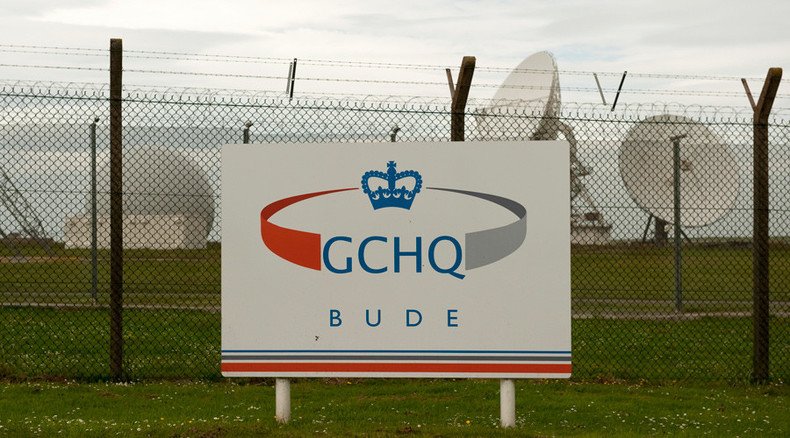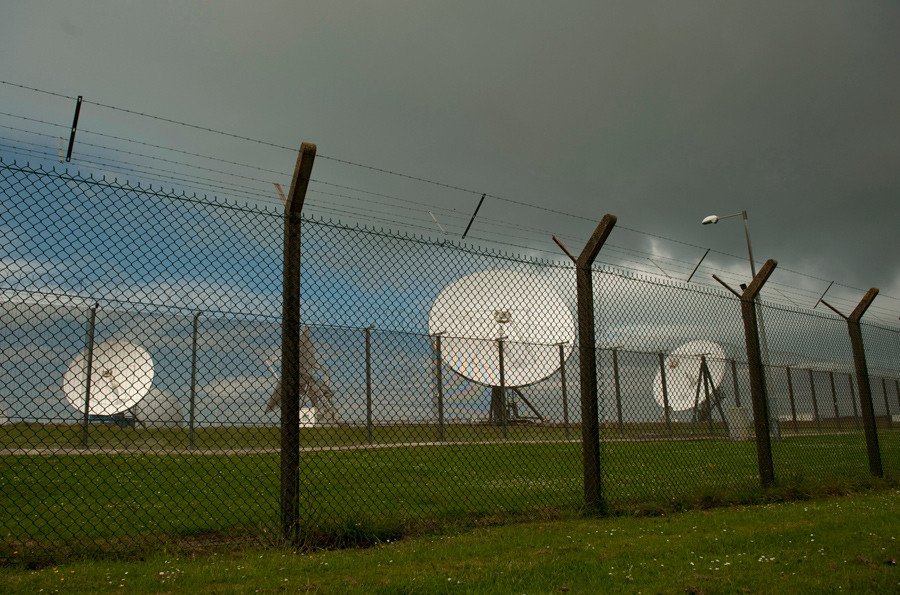Privacy under attack: How far can employers go in privacy breaching?

There’s need for a discussion on how far an employer can pry into the private lives of employees as new technology allows them to monitor drug taking, drinking and health problems says investigative journalist Paul Lashmar from Brunel University.
British employers are using software to track employees in the work place. In one case earlier this year, it was alleged the software was monitoring an employee even when they were off duty. Lashmar says there is an urgent need for a change of this privacy breaching practice.
RT: Why do you think we’ve seen so much anti-NSA and anti-GCHQ activism online and in real life, while privacy violations by an employer aren’t talked about nearly as much?
Paul Lashmar: I think there is a spectrum of interest here, and the GCHQ and NSA revelations were something that came out of nowhere in 2013. It highlighted and made more important the impact of the private sector on surveillance. I think people have been alive to this to some degree, but only now they are beginning to realize how intrusive private surveillance can be.
RT: Do you see a time when it will be impossible to get a job, without willfully signing away your freedoms, or do you think there will be a push for new legislation covering these privacy protections in the digital age?
PL: If people don’t react to the increasing requirement in a lot of industries to be surveilling what you’re doing in the working day, I think that those employers will take advantage of that situation. There is a real need for discussion about how far your employer can pry into you minute by minute, or even second by second activities. This is another aspect of the erosion of privacy. When you hear people from the intelligence sector – they take the view that privacy is a luxury when we are up against terrorists. But actually privacy has a really profound, I believe, psychological dimension, sort of almost philosophical aspects of their lives – the right to have moments to ourselves. New technology allows employers to intrude on that. They can ask you what you’re doing almost second by second. They could take it to levels - like they have actually been discussing - how much you eat, what you do in your private life, how much you drink, whether you take drugs – all those kind of things.
There’s a need for a discussion on how far can an employer pry into your private lives as new technologies allow them to go.

RT: In one of your articles you wrote about the upcoming death of privacy about 11 years ago using the year 2020 as a reference then. Do you see some of the grim predictions for privacy coming true in another five years, like the alcohol consumption example that you gave, or even worse, genetic monitoring?
PL: We already have quite a few of the aspects I mentioned in the article having come into play. I think this is more prevalent in the US than it is in the EU, where there is some legislation trying to prevent some aspects of this. But you hear more and more stories of people are required to give information to their employer that was inconceivable in the past.
RT: This is a time when numerous migrants are entering Europe, and there are a lot of fears that ISIS is among them. Do you think that event will be used to justify more surveillance, including in the workplace?
PL: I’m not sure I see what the migrants’ impact might have other than there will be certain elements - the media or elsewhere will imply that migrants are the fifth column within. But that aside…it is very hard to get a job in many sectors in the UK and elsewhere, because we are in economic downturn, therefore, people are going to surrender their rights in return for income. That is a very insidious place to be - the erosion of people’s rights, because they are desperate to make a living.
RT: Do you think this trend will just continue to get worse, or will there be a reversal at some point, to where privacy protection will be emphasized again?
PL: The privacy at the moment is under attack. There is such an emphasis on security … There are clearly threats in the world. But are those threats greater than, for instance, here in the UK; we had a civil war in effect in Northern Ireland in which many, many people were killed. Yet, the public at large would not accept some of the things that are going on now. Equally with the Cold War. Back in the Cold War - you had two huge superpowers in a state of near conflict. Yet, people were much more conscious of maintaining their rights to privacy, free movement and other human rights. There is a new climate which is epitomized by the phrase “a state of exception” – we’re always in a state of exception. Therefore, exceptional things can be accepted. What that is doing is eroding fundamental freedoms. Privacy is not an absolute right, but it is quite important; it is quite an important right to our wellbeing. We all want times when we don’t want people watching us. A simple example: you wouldn’t really want to know what people watching you while you go to the toilet. But as I make the point in the article, there is nothing to stop employers in some countries monitoring what you’re urinating, whether you’re taking drugs, excessive drink, whether you have health problems, and then impacting on your employment as a result of that.
The statements, views and opinions expressed in this column are solely those of the author and do not necessarily represent those of RT.












